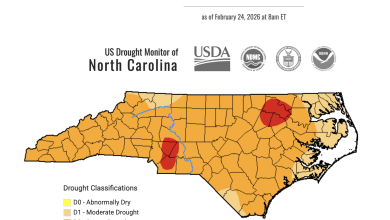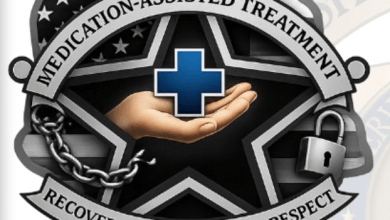
Last Updated on July 29, 2020 3:50 pm
RALEIGH – Chief Justice Cheri Beasley has extended several existing emergency directives in response to the COVID-19 pandemic. The directives continue to allow increased use of technology and seek to limit foot traffic in courthouses. “The extension of these emergency directives help ensure that our court system continues to administer justice while protecting the health and safety of court officials, court personnel, and the public,” said Chief Justice Beasley. “Members of the pubic should abide by all recommended public health measures in our courthouses as we conduct court business across North Carolina.”
The orders entered today by Chief Justice Beasley extend the effect of Emergency Directives 2–8. By law, emergency directives issued by the Chief Justice in response to a catastrophe expire every 30 days unless they are renewed.
The emergency directives extended today include:
- Require clerks of superior court to post notice at the courthouse to restrict entry by anyone likely exposed to COVID-19
- Allow increased use of teleconferencing for remote court hearings
- Limit public presence in courthouses to those with business to be conducted
- Waive notary requirements for court filings
- Allow certain documents to be served on another party or attorney by email
- Direct clerks of superior court not to enter or report nonpayment of money owed in criminal or infraction cases until after July 31
- Require that magistrates continue to perform marriages
For a list of orders from the Chief Justice and the Supreme Court of North Carolina, please visit the continuously updated Coronavirus (COVID-19) announcement page. The public is encouraged to visit NCcourts.gov to find answers to frequently asked questions before calling the local courthouse. Announcements from local counties about changes to court operations can be found on the county page as well as the closings and advisories page. The public may also visit the Judicial Branch Facebook page and Twitter account to access information related to the coronavirus health concern.


















